

Though hearing and discussing many philosophies and keeping open minds, many, if not most of us had a slightly utilitarian Benthamite bias for ‘doing’ rather than ‘being’ good.
Philip Sargant Florence, ‘The Cambridge Heretics 1909–1932’ in The Humanist Outlook (1968)
The obituary reprinted below was published in New Humanist, Summer 1982
Philip Sargant Florence, who was best known as an economist, was also an active member of the Humanist movement.
Philip Sargant Florence was born in 1890 and went to Cambridge University. After various official posts on both sides of the Atlantic, he went into academic life. He was Professor of Commerce at Birmingham University from 1929 to 1955, and a prolific writer and speaker on many economic and social subjects until long after retirement.
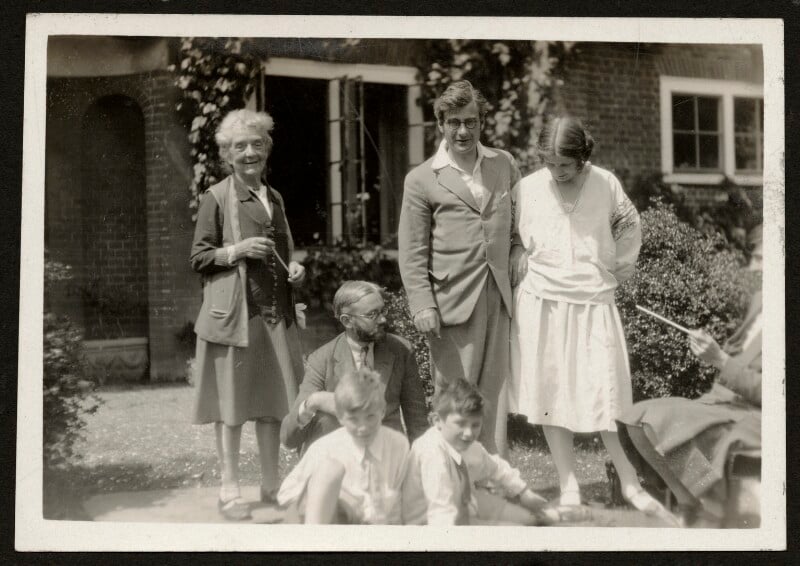
He had become involved in the freethought movement while at Cambridge, in 1909, and he contributed to A. J. Ayer’s symposium The Humanist Outlook (1968) an entertaining and instructive account of the Cambridge Heretics before, during and after the First World War, having been the Secretary from 1912 to 1914 and again from 1921 to 1923, and then President. He became an Honorary Associate of the Rationalist Press Association in 1941, and was also a member of the Advisory Council of the British Humanist Association. Towards the end of his life he coedited C. K . Ogden: A Collective Memoir (1977), for the old friend who had influenced him so much.
He remained active even when he was very old, and much enjoyed meeting younger Humanists. He died on 29 January 1982, and a non-religious memorial meeting was held at Birmingham University on 5 February.
Main image: Philip Sargant Florence by Elliott & Fry, bromide print, 1949 NPG x89252 © National Portrait Gallery, London
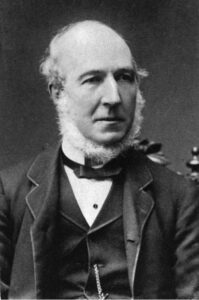
Richard Congreve was a devoted follower of Auguste Comte, whose positivist philosophies and ‘Religion of Humanity’ inspired Congreve to open […]
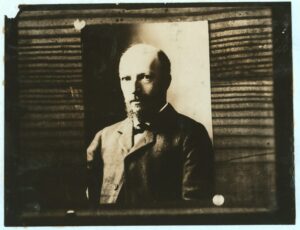
Those who never saw or heard Dr. Adler are nevertheless his heirs, though they cannot realise how creative and inspiring […]
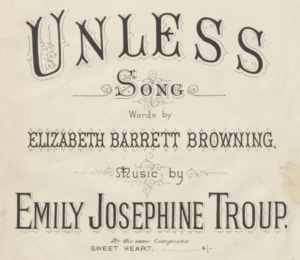
Emily Josephine Troup was a composer, poet, and editor, who played a leading role in the musical life of South […]
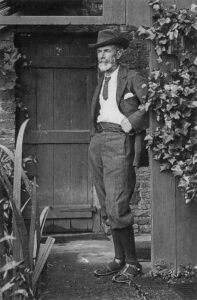
The British Society for the Study of Sex Psychology was officially formed in April 1914, ‘for the consideration of problems […]